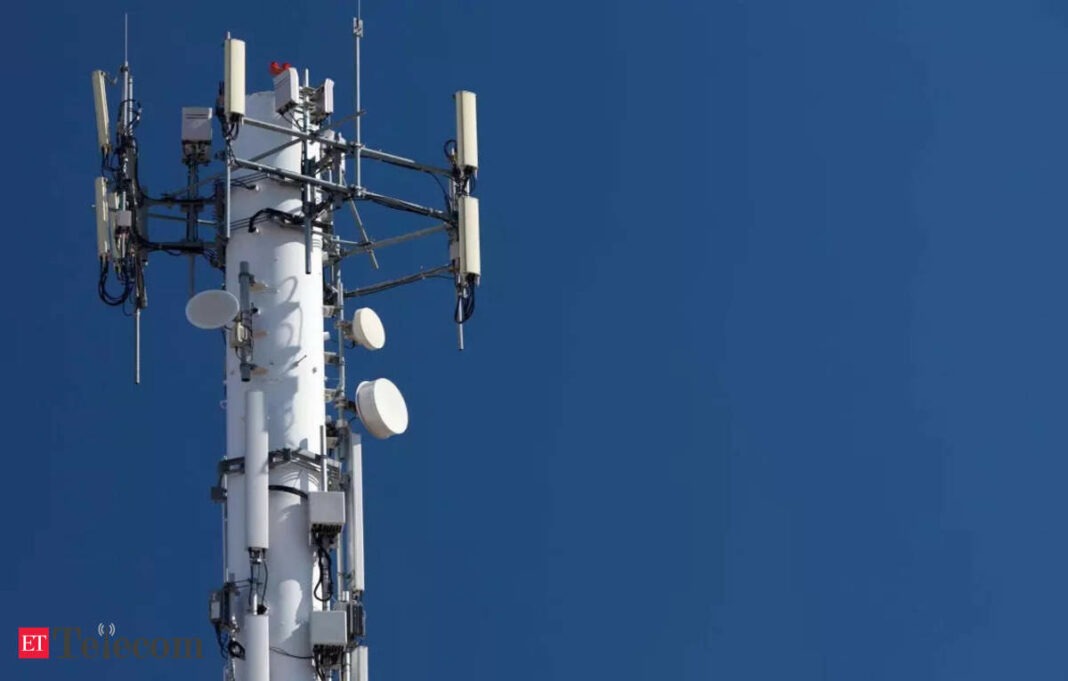In Short:
The Department of Telecommunications in India has abolished the requirement for wireless operating licenses for telecommunications services. This move is aimed at simplifying regulations, facilitating faster network deployment, and increasing mobile broadband access. The industry welcomes this decision as it will reduce regulatory burden and improve ease of doing business. Licensees under the Indian Telegraph Act will still need frequency assignments, but no separate WOLs are required.
DoT abolishes wireless operating licenses for telecom setup and maintenance
New Delhi: The Department of Telecommunications (DoT) announced the abolishment of wireless operating licenses for establishing and maintaining telecommunications. This move is aimed at simplifying the regulatory regime and facilitating a faster rollout of networks to increase mobile broadband penetration in the country.
Key Changes in the Notification
- The requirement to obtain a WOL for unified license, national long distance (NLD), international long distance (ILD), VSAT, GMPCS, machine to machine service, etc., have been removed with immediate effect.
- Entities intending to establish or operate a transmitting station, and have not been granted any license under section 4 of Indian Telegraph Act, 1885, will still require a WOL as per the existing procedure.
Industry’s Response
Cellular Operators Association of India (COAI) welcomed this decision and expressed enthusiasm, calling it a positive step towards reform-based changes in the telecom sector regulatory landscape. COAI emphasized that the elimination of WOL requirement for licensees under section 4 of Indian Telegraph Act, 1885, will streamline operations in the industry.
Further Clarifications
- Licensees under section 4 of Indian Telegraph Act, 1885, will still need frequency assignment from the DoT’s WPC wing for the use of appropriate frequencies and parameters in establishing transmitting stations.
- COAI’s Director General, SP Kochhar, highlighted that this move towards a simplified regulatory environment will allow telecom service providers to focus more on service enhancement and less on compliance, thereby reducing the burden and improving ease of doing business in the sector.





